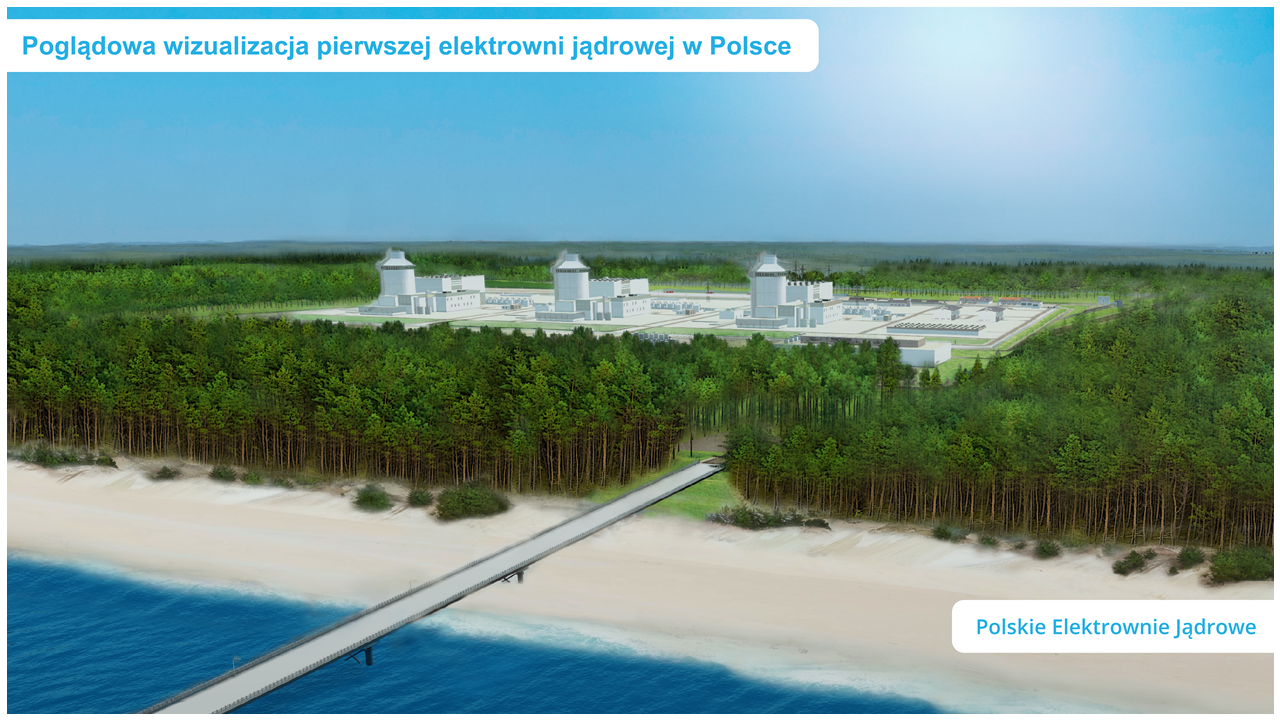„Each model of financing the construction of a nuclear power plant has its pros and cons, but a differential contract will certainly cause few problems in consultations with the European Commission,” says Bożena Horbaczewska, PhD., from the Warsaw School of Economics in an interview with BiznesAlert.pl.
The Polish government wants to use this legal model to finance nuclear energy in accordance with the provisions of the energy market reform in the European Union.
BiznesAlert.pl: Can the contract for difference accelerate the construction of the first nuclear power plant in Pomerania?
Bożena Horbaczewska: Preparing any credible financing model may speed up the construction, because the lack of funding is the biggest obstacle to the entire project. If the power plant in Pomerania has a specific financial model, it will certainly have a positive impact on the implementation of the entire project.
What is your opinion on utilizing contract-for-difference mechanisms as a valid method for financing Poland’s NPP?
Each model has its pros and cons. The key question is the purpose of the investment: is it the construction of the power plant itself, or its operation and power generation? What is the business model, i.e. how will the energy be sold and what will be its cost to the end users? These are basic questions that have not been answered in the public sphere today. Currently, it seems that the power plant is supposed to be the foundation of the entire energy mix, but this information does not appear in government documents.
I would like to stress that the CFD is a kind of a solution to the problems of nuclear energy, which result from the huge construction costs and the long investment process, both of which entail a huge risk for the investor. If the relevant documents are signed with the government, then a contract for difference reduces this risk. In such a situation, this model is a good mechanism, because it allows to limit problems, and the investment is less risky, although it is not the only good solution.
The CFD will certainly cause few problems in consultation with the European Commission. According to the news about the new energy market reform this form will be an acceptable solution for the EC. If the government of a European country participates in the financing of a nuclear power plant and operates under a differential contract, the EC will look favourably at such a solution.
Does the EU’s EMD legislation actually impose a contract for difference?
No, the EU rules do not impose such a financing model. If a private investor does not expect any support from the state, they can choose any financial model. The Commission merely regulates cases concerning possible state aid for the implementation of such projects. If this form of support proves necessary and is implemented under a contract for difference, it will be easier to obtain the approval of the Commission.
This is not an imposition of a specific financial model, but only an indication of the path preferred by the EC. Please note that projects in the nuclear energy sector usually require public assistance, and the forms of such support are broadly defined by the EC. However, EU rules do not impose a specific financial model and the question should therefore be asked whether the investor has considered other options.
Why is the government opting for a contract for difference?
I suppose it’s an easier path. If the government ultimately decides to opt for a contract for difference, it will be easier for the Commission to accept than other price control mechanisms. In addition, it is a familiar solution because it was accepted for the investment in Hinkley Point C and was negotiated with the EC before the UK left the EU. Moreover, it is being considered in several other projects in the EU.
Interview by Jacek Perzyński









